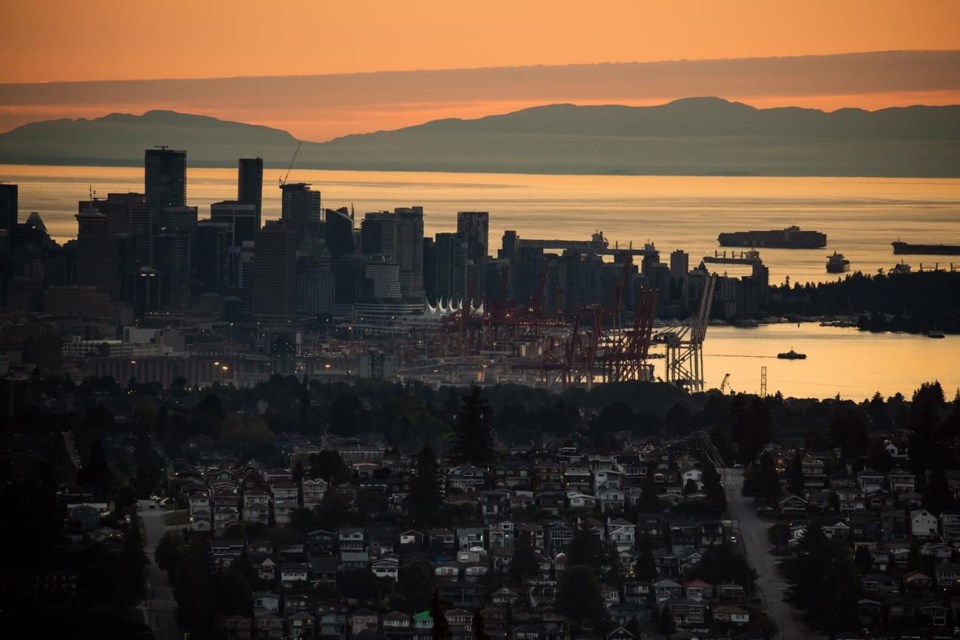Vancouver city council has approved a land-use strategy aimed at reshaping the city to become more "equitable, livable, affordable and resilient" in years to come.
A statement from the city says the Vancouver Plan represents "a new way for the city to grow by allowing more housing options across all neighbourhoods," along with expanding social housing, transportation options and other infrastructure.
The plan also contains what the city calls a comprehensive ecological framework to protect green space and tree canopies, and restore ecosystems.
The city's news release says the next step will be for council to approve motions directing staff to consider how renter protections and developer contributions could be included as part of the plan's implementation.
Theresa O'Donnell, the general manger of planning, urban design and sustainability, says it's the first time in Vancouver's history that the city has a "comprehensive direction" for future growth that's co-ordinated with other levels of government.
Mayor Kennedy Stewart says the plan's approval marks a new path forward for the future of Vancouver, "guided by the promise of making every neighbourhood more affordable, equitable and vibrant for everyone."
"We're a city of renters, and all of us deserve the opportunity to live a great life in any neighbourhood," the mayor says in a statement Friday. "The Vancouver Plan will expand housing choice and create new opportunities in parts of the city that have been largely off limits today – all without displacing long-time renters."
Vancouver will be home to about 260,000 more people with up to 210,000 more jobs by 2050, O'Donnell says, and the new strategy allows the city to plan for the future.
The plan outlines the city's vision in 11 policy areas: housing; economy; climate; ecology; transportation; child care; community infrastructure; arts, culture and heritage; public spaces; watersheds and water resources; and food systems.
The new land-use strategy will direct new housing choices toward low-density neighbourhoods that are "rich in amenities," it says, along with adding amenities and services in areas that are currently underserved.
The city plans to "significantly increase the supply of social and supportive housing" and support Indigenous-led housing and wellness projects, the plan says.
It also aims to "embed ecosystems in planning," and create "an integrated network of public spaces, ecological corridors" and greenways for active transportation.
In the future, it says, the goal is for 76 per cent of Vancouver residents to live within a five-minute walk of shops and services, up from the current 58 per cent.
Other goals include the expansion of infrastructure and services ranging from rapid transit hubs to affordable child-care spaces to public washrooms across the city.
The plan was developed through a two-and a-half-year process, involving "extensive public engagement, technical analysis and stakeholder input," the city says.
"A focus of public engagement activities included working with equity-denied communities, and the organizations serving them."
This report by The Canadian Press was first published July 22, 2022.
The Canadian Press



